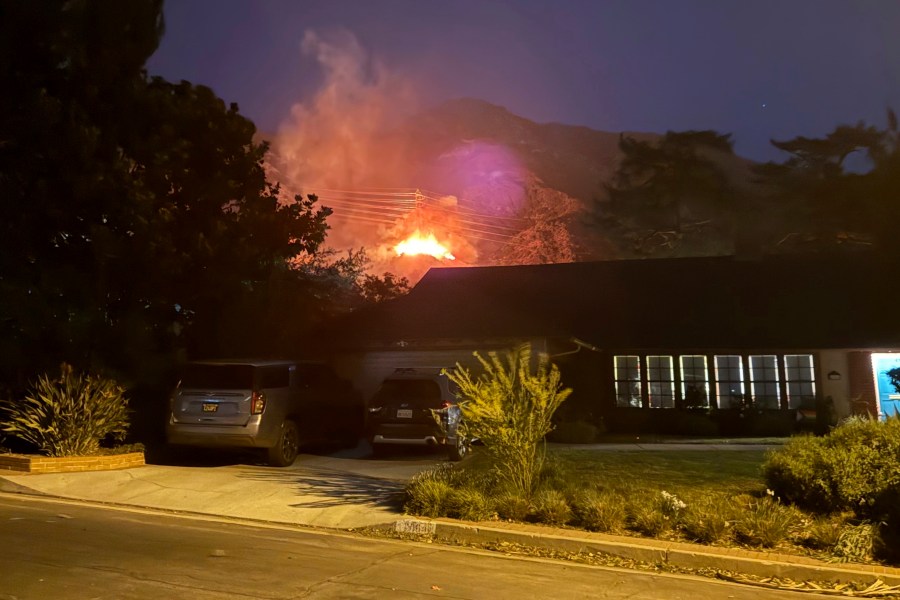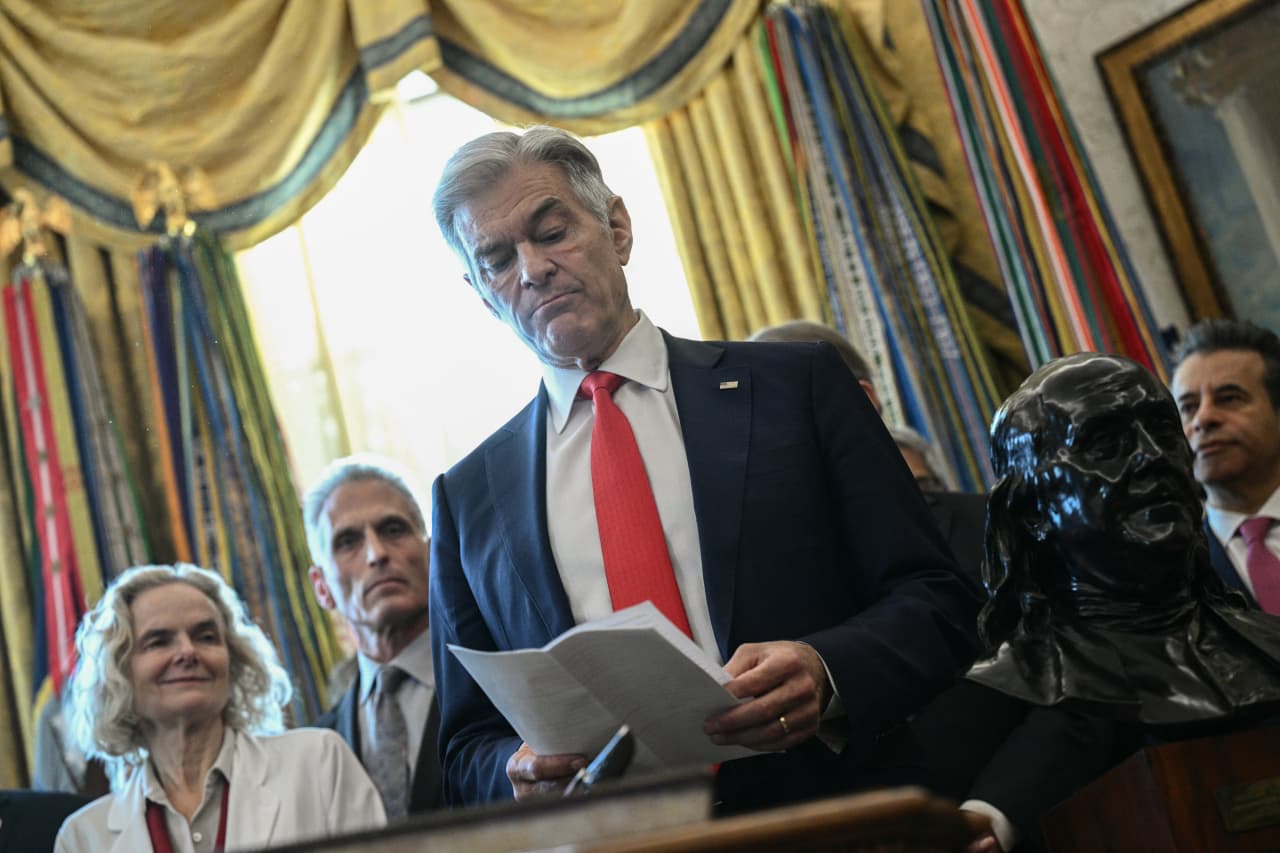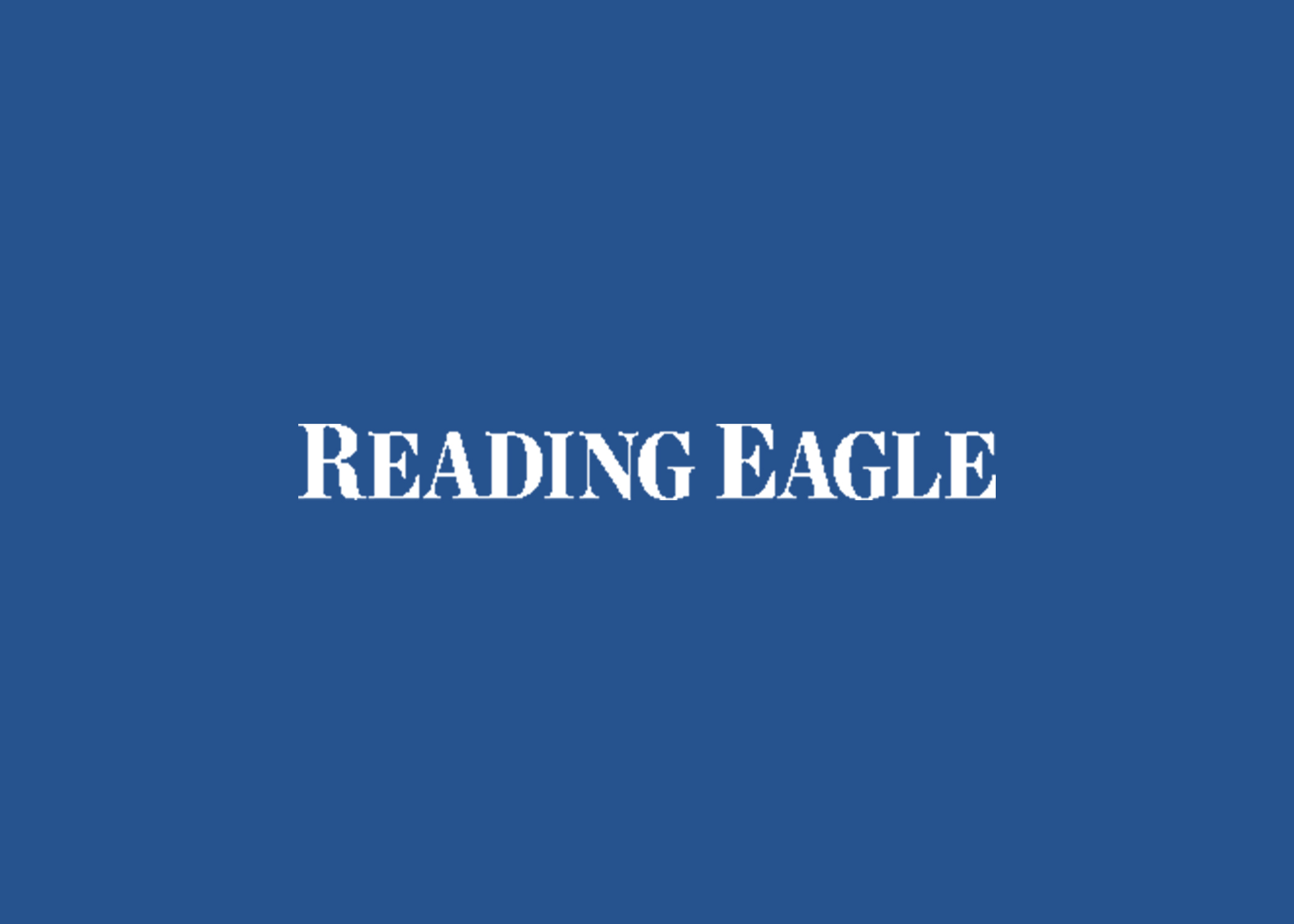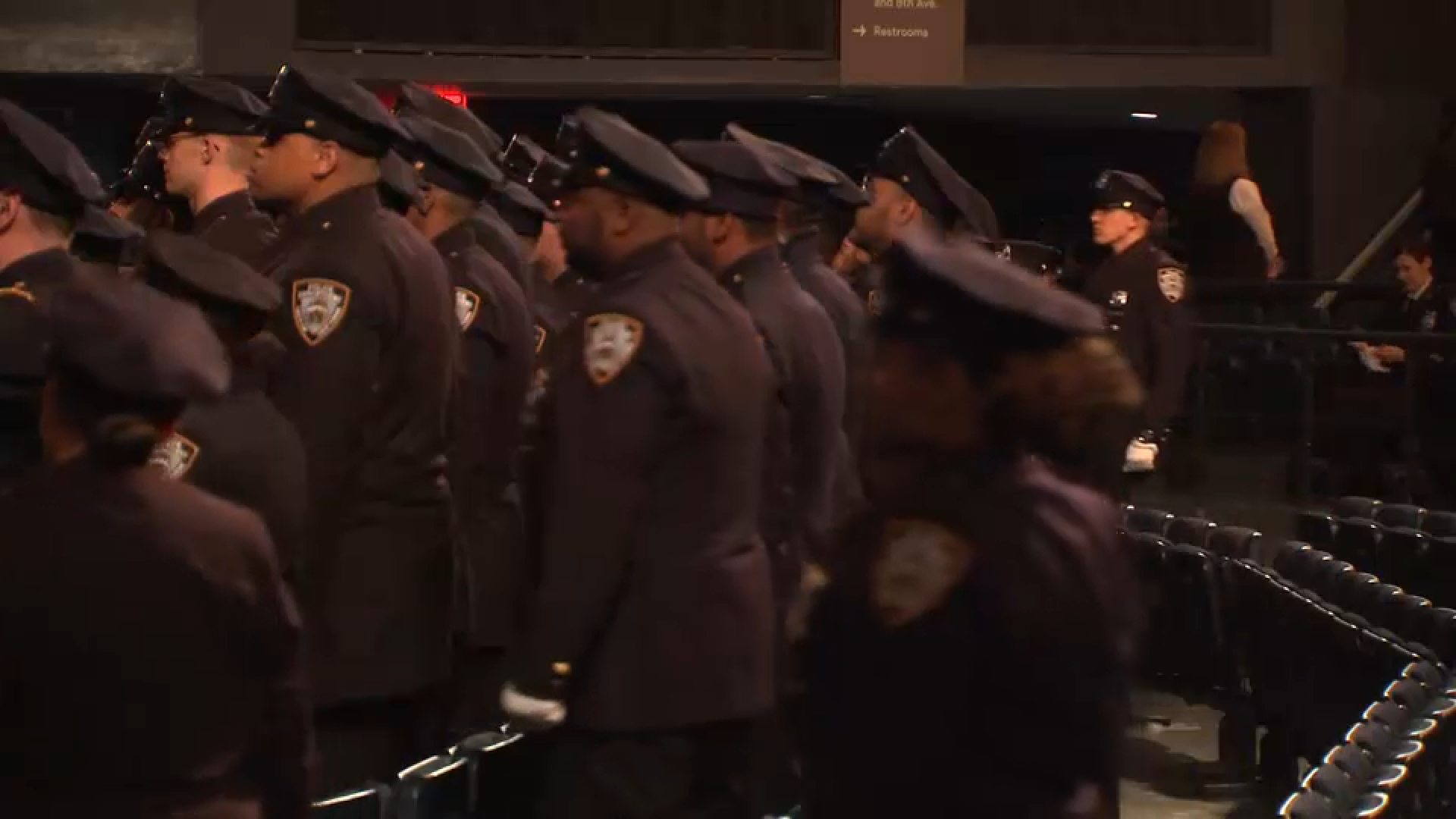UPDATE: In a bold statement, journalist Mehdi Hasan has declared that if Christians can ring church bells, Muslims should be allowed to broadcast the call to prayer, known as the Adhan, over loudspeakers. This controversial assertion comes amidst ongoing debates in the U.K. regarding noise restrictions on religious broadcasts, especially the early morning call to prayer at 5 a.m..
The discourse has intensified as many residents express discomfort with the loudspeakers, leading to various local councils imposing limitations on the timing and volume of these broadcasts. Hasan’s remarks have ignited passionate discussions about religious freedoms and noise pollution in urban areas.
“If you can have your church bell, we can have our Islamic prayer call,” Hasan stated in a recent clip, drawing parallels between the two practices. His comments are stirring significant reactions, highlighting the cultural tensions surrounding religious expressions in public spaces.
Critics of the Muslim call to prayer argue that it represents a form of noise pollution and that church bells and the Adhan are not equivalent. Some have suggested that this comparison overlooks deeper cultural and historical contexts. The debate has sparked further division, with some calling for a more balanced approach to religious expressions in public.
Adding fuel to the fire, Hasan’s comments emerge at a time when the Vatican is reportedly opening a Muslim prayer room to accommodate visiting scholars. This move has raised questions about religious inclusivity and reciprocity, as seen in a statement from Fr. Giacomo Cardinali: “Some Muslim scholars have asked us for a room with a carpet for praying, and we have given it to them.”
In the U.S., political figures like Rep. Chip Roy are also weighing in on religious freedoms. Roy recently introduced the “Preserving a Sharia-Free America Act,” aiming to prevent the implementation of Sharia law in the United States. His stance reflects a growing concern among certain groups regarding the potential influence of Islam on American culture.
The implications of this ongoing debate are significant, affecting community relations and shaping public policy. As tensions escalate, many are left wondering how cities will navigate these complex issues of faith and public space.
Next steps are crucial as communities and lawmakers grapple with these developments. The dialogue surrounding religious freedoms is only set to intensify, with all eyes on how authorities will respond to Hasan’s statements and the broader implications for multicultural societies.
As this story develops, it’s essential for residents and policymakers alike to engage in respectful discussions on religious practices and their place in public life. The outcome of this debate may very well influence future legislation and community dynamics.







